Remember the early days when your pet was full of mischief and questions? Life becomes calmer as they mellow over time, and your bond grows deeper and stronger. However, your pet’s senior phase can bring new concerns about their health.
Senior pets tend to have similar problems as senior humans, but aren’t as good at talking about them. Try not to assume they are “just getting old,” and there’s nothing you can do, because many senior medical conditions are treatable. Following are some signs to look for:
- Change in behavior or activity level
- Change in appetite or weight
- Change in defecation or urination
- Difficulty getting around
- Difficulty chewing, or bad breath
- Coughing, or difficulty breathing
- Abdominal bloating, or a visible mass
- Poor quality haircoat or lack of grooming
Senior pets and general veterinary care
We love senior pets at Best Friends Veterinary Care. We believe that a senior check-up twice per year can help catch age-related disorders early, and improve both the quality and length of your beloved senior’s life.
A senior pet visit will incorporate your at-home observations with a complete physical exam to assess your pet’s overall health. Common senior problems we may find during a physical exam include arthritis, dental disease, masses, abnormal heart or lung sounds, and vision or hearing problems.
Regular diagnostic testing also is part of a thorough senior check-up. Laboratory analysis of blood and urine samples provides important information on liver and kidney function, anemia or infection signs, possible electrolyte imbalances, and thyroid or other hormone levels. If specific abnormalities are noted, we may need follow-up laboratory tests, X-rays, or an ultrasound.
Our goal at a senior check-up is to screen for any potential problems, and to discuss ways to help your pet grow older pain-free, with comfort and grace.
Senior pets and pain management
Arthritis is one of the most common conditions we see in senior pets. Dogs may be slow to get up and down, have a stiff gait, or show obvious lameness. Cats tend to be more secretive about pain, and you may notice only a hesitancy to jump, or increased irritability. At Best Friends Veterinary Care, we have a variety of therapies and multimodal approaches to address arthritis, including supplements, medications, weight loss diets, and acupuncture.
Senior pets and their diet
Your pet’s nutritional needs change as they age. Many older pets are overweight, which is hard on their joints, and linked to conditions that shorten their lifespan. Strategies for weight loss include different feeding methods and special weight loss diets. Other senior pets may be underweight, or have a medical problem that can be addressed with a prescription diet. We view each pet as a unique individual, and can recommend the most appropriate diet for their needs.
Senior pets and dental care
A healthy mouth contributes to a healthy body. Pet owners often tell us how much happier and younger their pet seems after a thorough dental cleaning, but they also worry whether anesthesia is safe for an older pet. At our hospital, we use the most up-to-date anesthesia protocols and monitoring equipment. We evaluate each pet with pre-dental exams and diagnostic testing to better understand the risks and benefits prior to any anesthetized procedure.
Senior pets and cancer
Unfortunately, cancer occurs more often in older pets. According to the Veterinary Cancer Society, approximately 50% of dogs over age 10 will develop some form of cancer. Less data is available about cancer prevalence in cats, but estimates suggest that at least 25% can be affected. Cancer treatments have improved over the years, and we can discuss multiple options if your pet receives this diagnosis.
Senior pets and cognitive dysfunction
Age-related brain changes can happen in pets, too. Cognitive dysfunction signs include vocalizing randomly, staring into space, getting stuck in corners, restlessness at night, irritability, anxiety, or inappropriate elimination. Many other medical conditions can show similar signs, including impaired vision or hearing, so ruling those out before discussing treatment is important. Learn more about cognitive dysfunction signs and treatments in pets here.
Senior pet accommodations
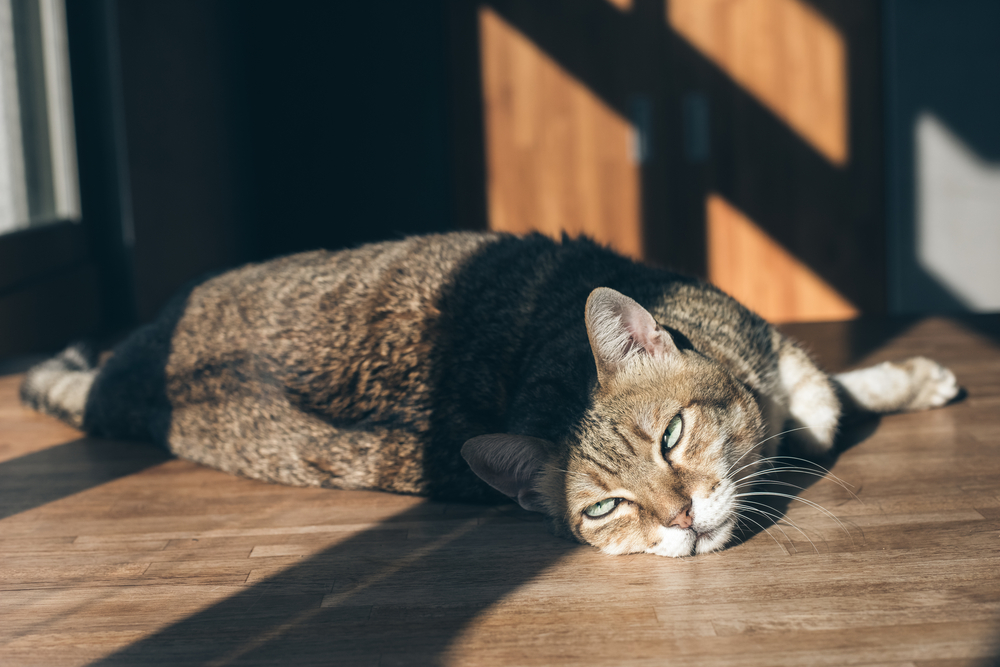
There are creative ways to make your home more welcoming for your senior pet. A softer, warmer bed brings comfort to old bones. Your older cat may appreciate a more easily accessible litter box, while your dog may like a ramp or stairs for getting into the car or onto the bed. Dogs who slip on hard surfaces benefit from rugs in strategic places, or traction grips for their feet. Vision-impaired pets do better if you keep new obstacles to a minimum, and hearing-impaired pets can be taught basic hand signals. Yes, old dogs can learn new tricks.
At Best Friends Veterinary Care, we recognize the importance of your bond with your senior pet, and we want their golden years to be as healthy and happy as possible. Do not hesitate to contact us with any questions or concerns you may have regarding their care.



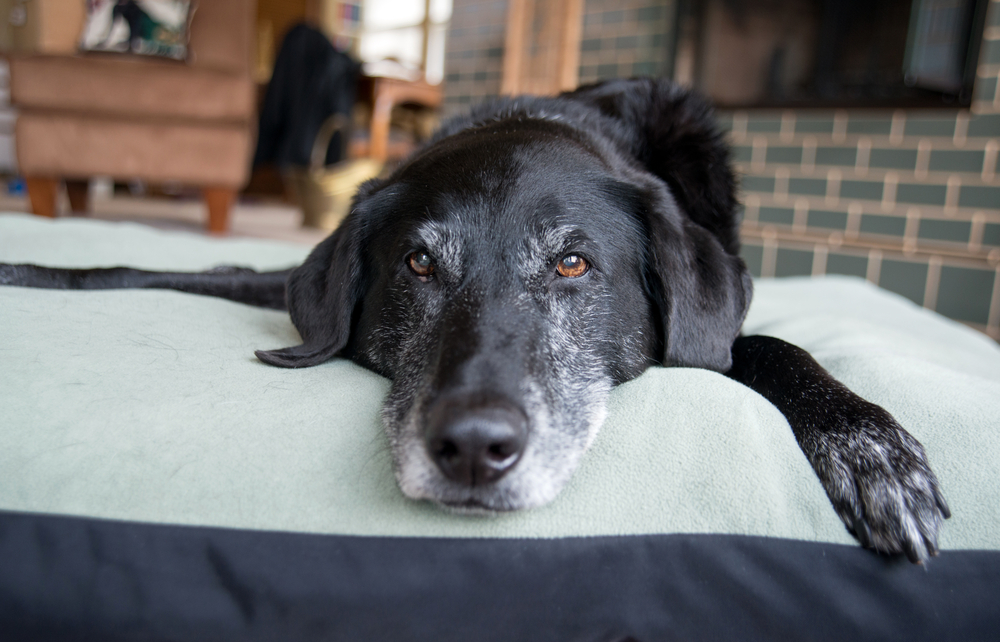
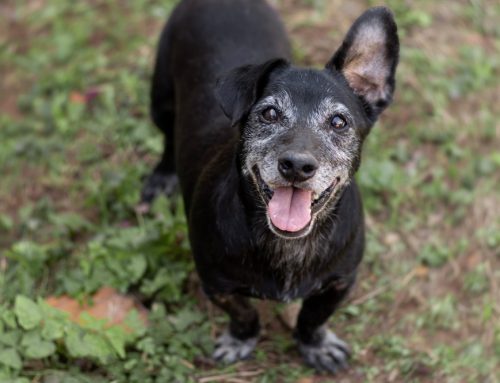
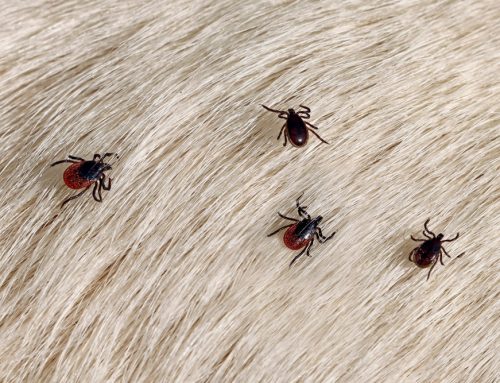
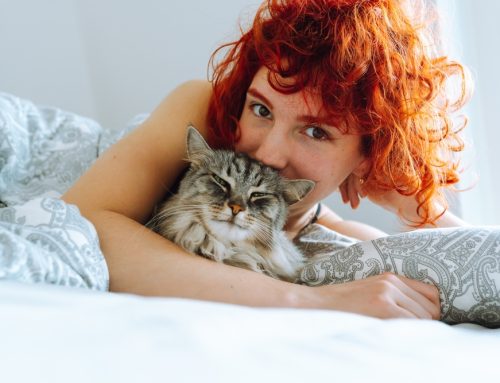

Leave A Comment